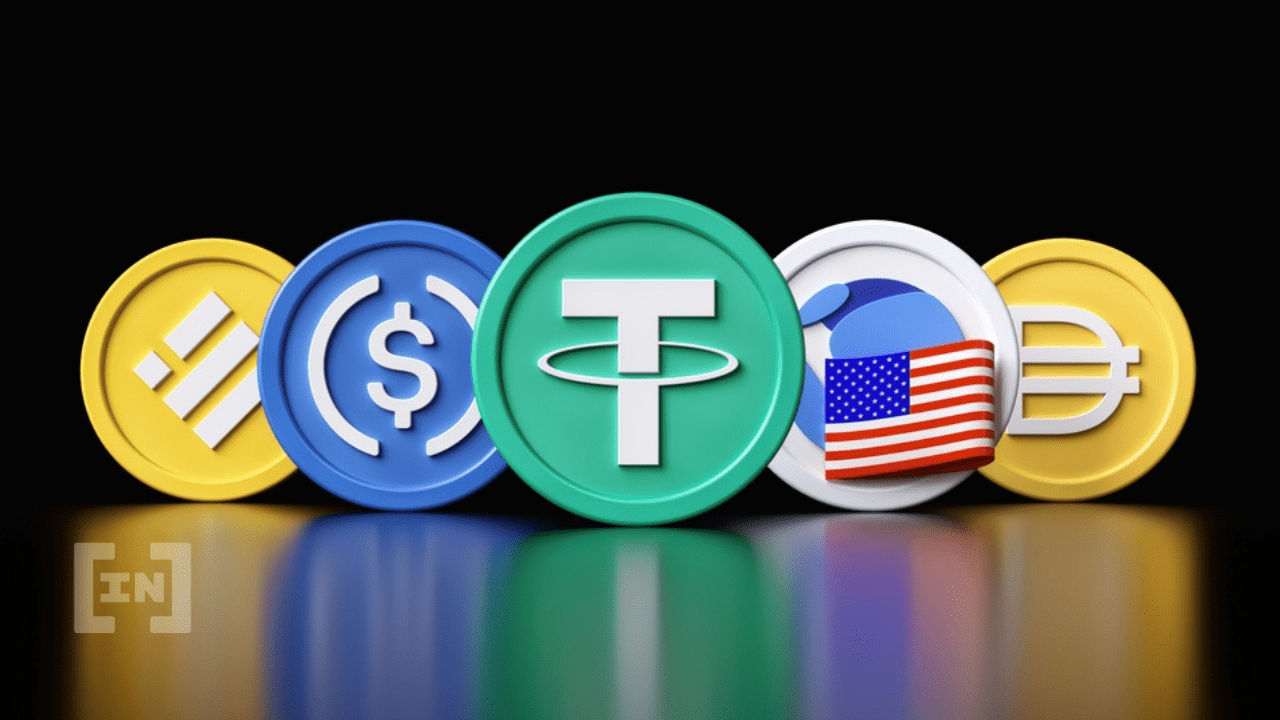Bipartisan Stablecoin Bill to Be Delayed Until September 2022

Key U.S. Lawmakers delay bipartisan bill to mitigate stablecoin risks to at least Sep. 2022.
Lawmakers working on the yet-to-be-agreed-upon bill on behalf of House Financial Services Committee Chairwoman Maxine Waters (D. Calif) and Patrick McHenry (R., N.C.) could not finish the bill before a potential committee vote on Wednesday, July 27, 2022.
The bill is one of the first to bring regulatory structure to the crypto industry that has largely gone federally unsupervised, except for a patchwork of state legislation. The Biden administration and House Committee have expressed concern that stablecoins, a class of digital assets pegged to the U.S. dollar, threaten financial stability. This is after the administration’s Treasury-led panel recommended that Congress develops a framework around stablecoins, limiting their issue to banks, late last year.
Earlier this year, U.S. Senate Banking Committee Ranking Member Pat Toomey (R-Pa.), proposed a looser draft bill called the Stablecoin TRUST Act that would create a new license for stablecoin issuers or maintain their status as a money transmitter business, doing away with the bank-like licensing scheme.
Stablecoins are used to buy other digital assets on cryptocurrency exchanges like Binance and Coinbase.
Lawmakers unable to finish bill
The delay potentially pushes the bill to sometime in Sep. 2022, after Congress’s late-summer recess. The bill leans heavily on the outcome of negotiations between Waters and McHenry. Lawmakers and employees burnt the midnight oil over the weekend but failed to complete the draft by Monday, July 25, 2022, with some critical issues still to negotiate.
Among the issues are standards for custodial wallets, for which the Treasury had intensely lobbied. Treasury had also assisted with the overall bill. However, as revealed in a recent call between Waters and Treasury Secretary Janet Yellen, Yellen did not give the thumbs up as she had yet to get in touch with the White House.
Terra and Tether cause lawmakers sleepless nights
The bill has taken on a new urgency after the collapse of the TerraUSD algorithmic stablecoin in May and the brief de-pegging of the Tether (USDT) stablecoin. Lawmakers now worry about the potential for a bank-run scenario where investors who are wary of stablecoin issuers’ ability to provide one dollar for every minted coin redeem their tokens en masse, forcing stablecoin issuers to liquidate reserves. Stablecoins are supposed to be backed one-to-one by liquid reserves, ready for honoring redemptions.
Toomey’s draft bill would protect consumers by compelling issuers to reveal the assets backing a stablecoin, have clear redemption policies, and conduct attestations by accounting firms.
The new House bill would impose federal supervision on stablecoin issuers, including a minimum capital requirement and liquidity standards as a safety measure.
But the delay could assuage concerns presented by lobby groups and certain regulators, which feel that drafting the bill has moved too fast without consultation from key industry stakeholders. For example, The Independent Community Bankers of America has pushed for a delay, and so has the Securities and Exchange Commission.
On the flip side, the Treasury-led Biden panel said that it would assign the gauging of risks to the broader financial system to the Financial Stability Oversight Council (FSOC) if Congress didn’t act.
What do you think about this subject? Write to us and tell us!
Disclaimer
All the information contained on our website is published in good faith and for general information purposes only. Any action the reader takes upon the information found on our website is strictly at their own risk.



